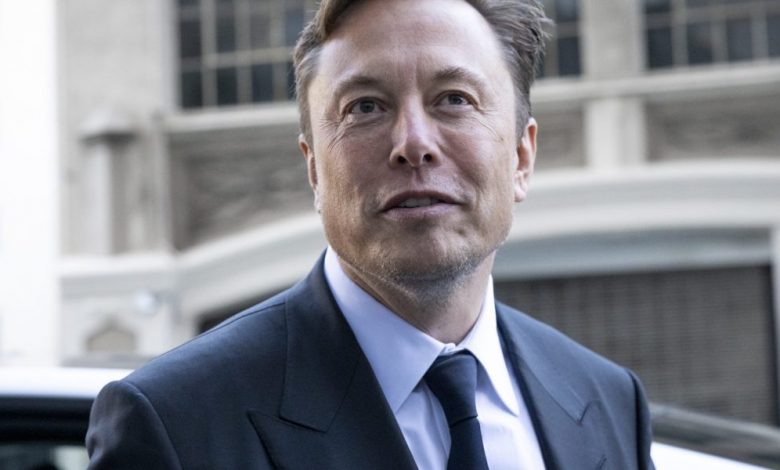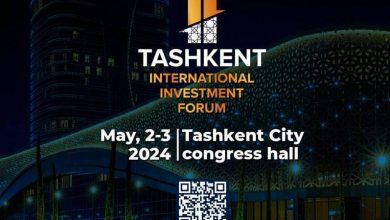Economists (and Elon Musk) blame NIMBYs for America’s decline

America’s “inability to build things” is crippling it, economics writer Noah Smith wrote in a blog published Monday. The “things” he’s referring to are housing, transit, solar power, transmission lines, semiconductor manufacturing, whatever. They’re being held up due to licensing and development regulations in particular, but the NIMBY (or “not-in-my-backyard”) crew in general. Smith is a well-known business commentator, but his “little tirade” resonated with many on Twitter, including his CEO Elon Musk.
Smith’s blog post on his personal substack emphasizes that America used to be unwilling to spend money building things, but now it’s even worse. We’re spending money now, he wrote, but that doesn’t mean more things are being built. The US doesn’t have too much trouble raising financial capital, but projects and developments are hampered by “local interests using a thicket of veto points to preserve the built environment of the 1970s”.
Smith, who has a PhD in economics and has taught at Stony Brook University but has written primarily on macroeconomics, including for Bloomberg Opinion, offered a diagnosis of America’s decline that appealed to the world’s richest man. (Musk himself has a sizable following despite his eccentricities, likely because he’s a forward-thinking billionaire who promises to break out of that sense of stagnation.) Smith identifies the “build-nothing” mentality as a “shadow subsidy” to offset the fact that real incomes have stagnated since the 1970s, including some periods when they stagnated. In short, America would rather buy out the current class of homeowners than make painful economic sacrifices.
Smith’s Twitter thread promoting his blog post sparked hundreds of replies, including a Tweet from Musk: “We’ve made major construction projects almost illegal.” And Musk has had a few run-ins with NIMBYs. In 2018, his plans for a private subway system stalled after two neighborhood groups in Los Angeles filed an environmental lawsuit against the Boring Company (the case was settled). He’s also encountered development issues in Europe that don’t necessarily qualify as NIMBYism, as a Tesla gigafactory’s commissioning was halted after environmental campaigners debated its potential impact.
Smith began by giving the example of the University of California, Berkeley’s plan to build college dormitories. The proposal was blocked by a California appeals court last week, citing the state’s Environmental Quality Act and a ruling that students could potentially be considered an environmental nuisance. California Governor Gavin Newsom answered: “Our CEQA process is clearly broken when a few wealthy Berkeley homeowners can block much-needed student housing…California can’t afford to be held hostage by NIMBYs.”
Similar situations, Smith writes, should develop across the country, but especially in California as the state seeks to build more affordable housing. But Smith argues that California’s environmental assessment law will serve as the “last line of defense” for those opposed to the development of affordable housing, or even more housing. Meanwhile, housing is simply not being built across the country, he writes.
As for transit and green energy, both have allocated funds for developments but are not using that money for construction. According to Smith, the development of green energy is being influenced by two main factors: “the Biden administration’s crackdown on procurement from China” and “a wave of NIMBY opposition to the projects”. He cites a recent Wall Street Journal report that the actual number of green projects has fallen sharply despite the US$400 billion allocation in the Inflation Reduction Act.
Smith also argues that NIMBYs are blocking transmission lines, affecting America’s ability to build renewable energy. As for semiconductors, despite plans to build a plant in Arizona, the US “can’t seem to build much,” Smith says, because it faces major cost issues.
“America spends all the money and things still aren’t getting built because of the broken permitting system, land use and development of the country,” Smith writes, reiterating that money isn’t the same as physical things, which is with the the highest inflation in four decades, with too much money chasing too few goods.
He argues that people in the US are provided with some sort of subsidy to keep their world from changing. If you own a home, you can try to limit the local housing supply, preserve the familiar environment, and keep the streets quiet and uncrowded. Smith is far from the only commentator making this argument, such as The Atlantic“It’s all about the housing market,” wrote Annie Lowrey of .
Smith argues that the country can no longer afford this form of “shadow subsidy”. If America continues down this path and sticks to the “build nothing” mentality, the middle class will slip into “gentlemen poverty” and America will lose its leading position in the world economy, he claimed indirectly, albeit poetically: “Someone other will die Building the future on the bones of our civilization.”
He urged America to shed the “tangle of bureaucracy” surrounding development, and it seems the world’s richest man agrees.
Smith did not respond immediately Assets Request for comments.
Learn how to navigate and build trust in your organization with The Trust Factor, a weekly newsletter exploring what leaders need to succeed. Login here.



